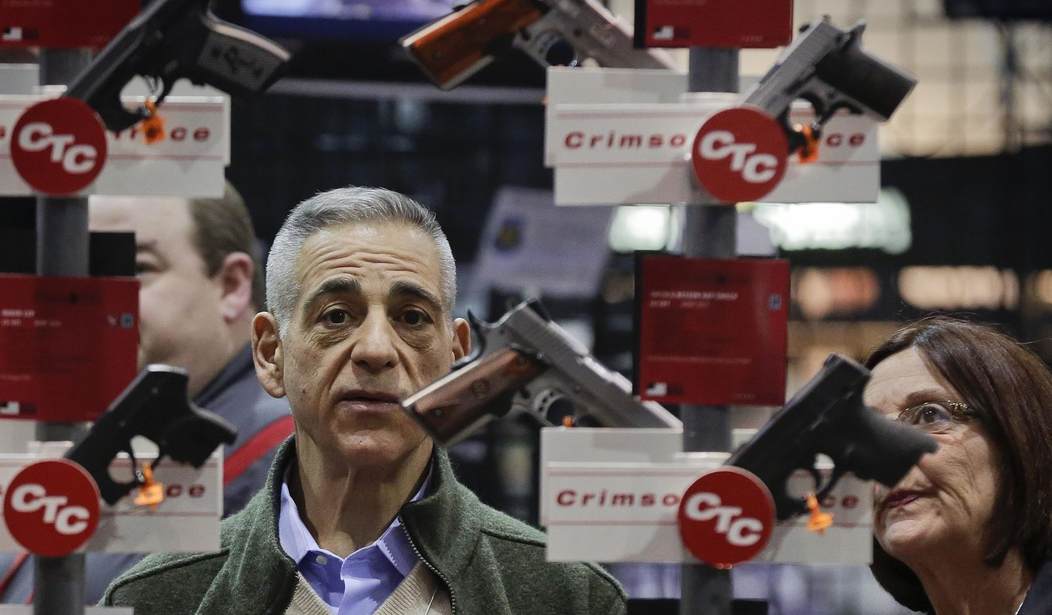Our Founding Fathers envisioned our great nation as a republic, a government where a handful of people decide on the laws for the totality of the nation. The idea was to give everyone a voice but to avoid the pitfalls of a true democracy. After all, “democracy” is really just a lofty name for mob rule, and our Founding Fathers knew that.
By allowing people to vote on their representation, they gave people an opportunity to have a voice but prevented everything from being up for the whims of the mob to determine. They took the best part of democracy and tempered it.
For some, though, that’s a problem.
Despite the headlines, democracy has not been saved. Yes, the anti-democratic candidate lost; yes, the election result in this case was aligned with the popular vote; yes, the courts have been upholding that result. But the same undemocratic conditions that allowed the election of an unpopular liar —voter suppression, the Electoral College, unchecked disinformation—are still in place, and a roadmap in how to use them is available for the next unscrupulous rich person who wants to try. At best, democracy in the United States has been given a reprieve.
Let’s use it. Now is the time to make the United States more democratic.
…
The challenges in instituting the changes aren’t the only obstacle. Many direct policy areas will be clamoring for attention, and tasks from pandemic response to restoring climate change research are undeniably urgent. It might seem difficult, dry, or counterproductive to focus instead on the parameters of the U.S. election system. But reforming the democratic process is the right thing to do if the United States wants to call itself a democracy. It also might be the easiest way to accomplish some of the policy goals of the incoming administration. Public opinion on most issues is significantly closer to Democratic positions. On gun control, health care, taxes, the role of government, the so-called representatives in Congress are not representing what most people want. Allowing elections to reflect public opinion more accurately—surely the goal of any supporter of democracy—would instantly shift the Overton window of political discourse to be more aligned with what people actually want out of their government.
And that’s why the difference between a republic and a democracy matters.
Our rights are not up for grabs. They’re not up for debate or discussion. Our rights exist because we exist. As free men and women, our rights are natural to our very nature. Those rights are carefully preserved and protected by the Bill of Rights. They’re not matters for the mob to decide.
Everyone has a voice and our nation has done an admirable job of trying to make sure those voices are heard. It’s stumbled along the way, sometimes very badly, but the people have kept it in check. Again, the best aspects of democracy tempered by republicanism.
Yet public opinion only matters so far. Let’s not forget that it didn’t matter to the left when public opinion went against them. It wasn’t all that long ago when the majority of the population opposed all manner of new gun control measures, yet anti-gunners still persisted in trying to push for more legislation.
In other words, public opinion is beneficial as a club when it’s on their side, but irrelevant when it’s not.
At least my perspective is consistent. It’s nice when the public agrees that our rights should be protected, but their opinion doesn’t change the reality that our Second Amendment rights are sacred and that we’re not giving them up.
Our rights aren’t subject to the whims of the mob.








Join the conversation as a VIP Member